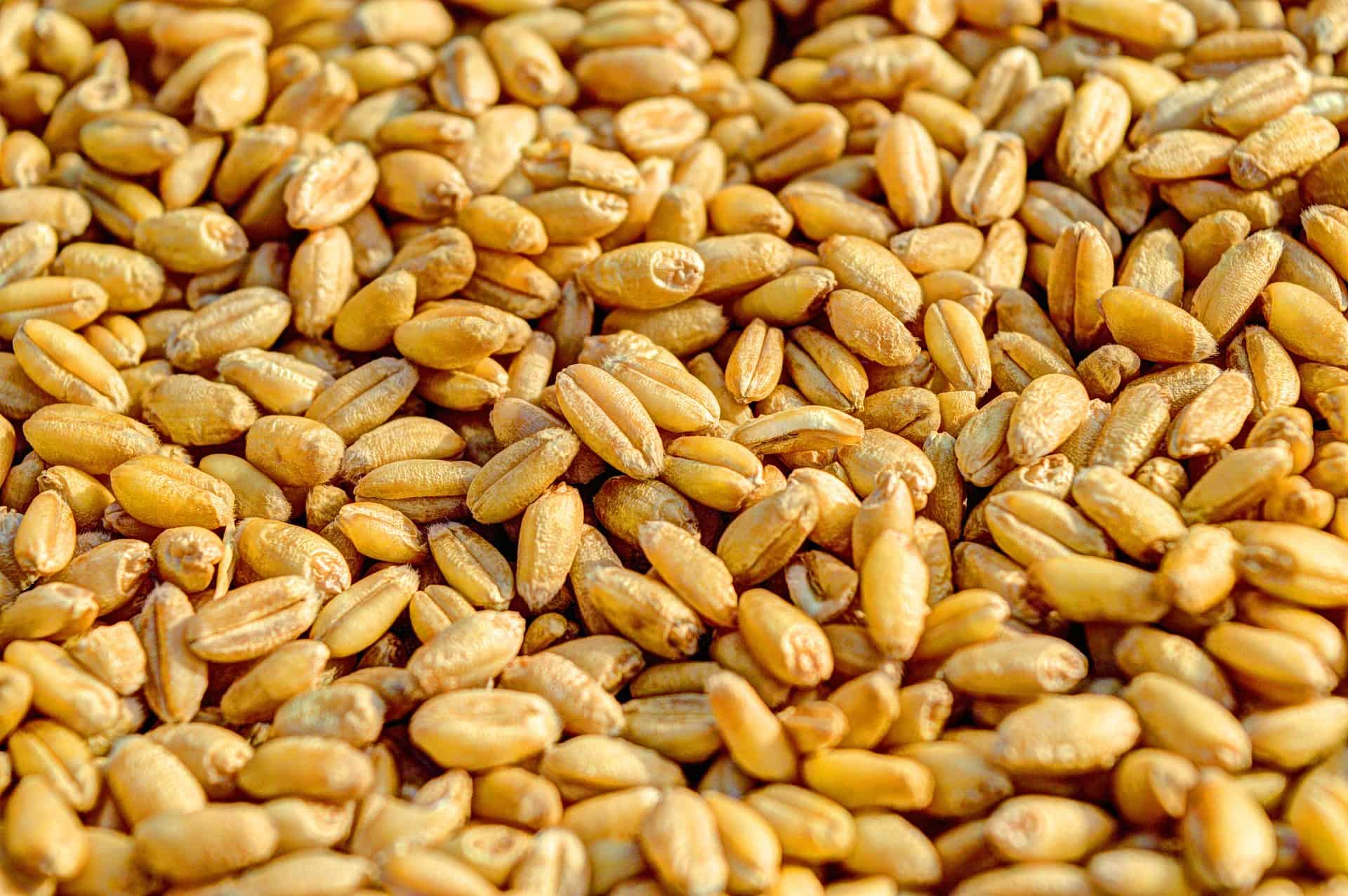Wheat-flour reserves in Palestine could be exhausted within three weeks, Oxfam — the British-founded confederation of independent charitable organizations — said in a statement published on Monday, April 11.
It added that the cost of wheat flour has already surged by nearly 25 percent because of the Ukraine crisis.
“Palestinian households are being hit hard by rising global food prices, and many are struggling to meet their basic needs,” said Shane Stevenson, Oxfam Country Director in the Gaza and Israel.
“The reliance on imports and the constraints forced upon them by Israel’s continuing military occupation, settler violence and land grabs are compounding the food crisis,” he added.
The Palestinian Authority (PA) has to import 95 percent of its wheat but it owns no food storage infrastructure so is forced to rely instead on the Palestinian private sector and Israel’s facilities.
Israel in turn imports half of its grain and cereals from Ukraine.
According to the World Food Program, the Ukraine crisis has increased food prices in the Occupied Palestinian Territory such as wheat flour (up by 23.6 percent), corn oil (26.3 percent), lentils (17.6 percent), and table salt (30 percent).
Most households in the Gaza Strip are now buying food on credit.
Many families are eating less and lower quality of food items.
Families are cutting out more expensive food such as fruit, meat and chicken that are necessary for a healthy diet.
The cost of animal feed (wheat bran) is up by 60 percent in the West Bank.
This adds to the existing burden on Palestinian herders who face outbreaks of animal disease, worsening violent attacks by Israeli settlers and forced displacement because of Israeli annexation policies.
To save the livestock sector from collapsing, the Palestinian Farmers Union is urging the government to cancel the VAT on fodder.
Even before the Ukraine crisis, more than 115,000 families were registered with the Palestinian National Cash Transfer Program (PNCTP) and received a quarterly payment between NIS700-1,800 NIS (€200-500) from the PA.
An estimated 14,000 more poor households are on the PNCTP waiting list, a number that is expected to rise.
However, registered families have not received payments since May 2021 because the PA is in a financial crisis.
This has been exacerbated by the decision of the European Commission — as the largest donor to Palestine and contributing to roughly 50 percent of the PNCTP — to continue withholding €214 million in aid to the PA.

